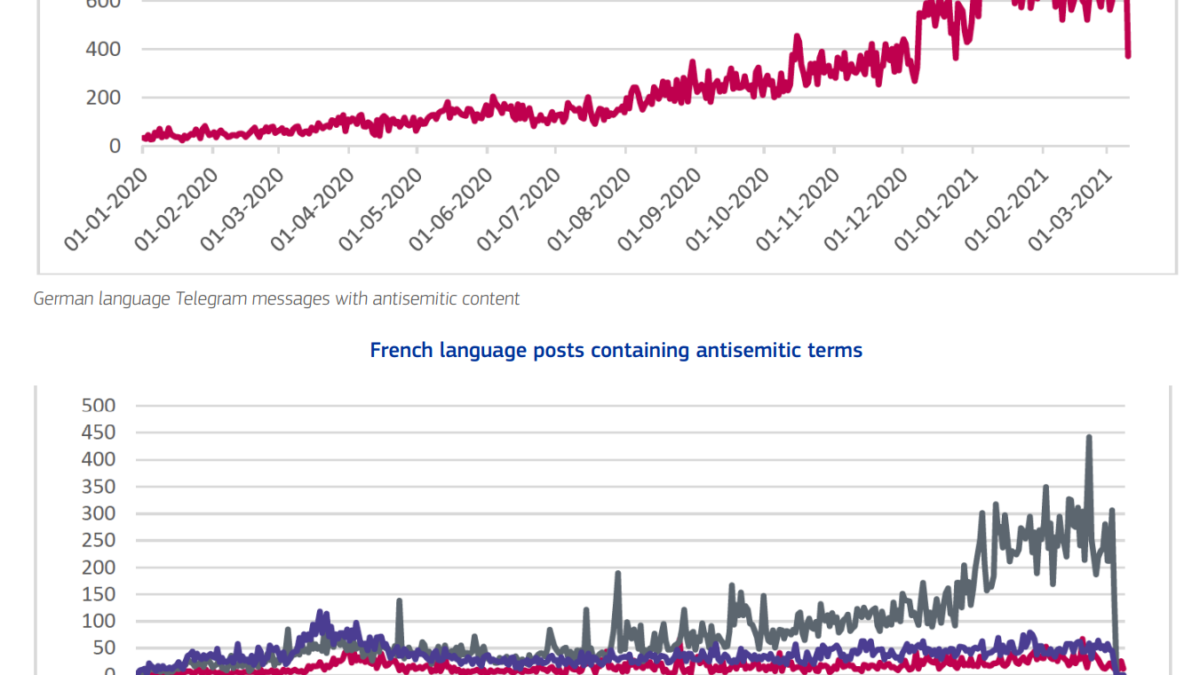NOAA reports 2023 hottest year on record, so far – “We will look back at 2023 and think of it as: remember that year that wasn’t so bad?”

By Lauren Sommer
28 December 2023
(NPR) – As 2023 draws to a close, it’s going out on top.
“It’s looking virtually certain at this point that 2023 will be the hottest year on record,” says Zeke Hausfather, climate scientist at Berkeley Earth, a non-profit that analyzes climate trends.
Though temperature records from December have yet to be finalized, climate scientists at the National Oceanic and Atmospheric Administration have found there’s a more than 99% chance that 2023 will have the hottest recorded global average temperature, beating out 2016, the previous leader.
The record-breaking year helped fuel climate-driven disasters around the globe – from extreme heat that plagued Arizona for weeks, to devastating floods in Libya, to record-hot oceans that caused corals to bleach off Florida. Scientists say the extreme temperatures are in line with forecasts for how the planet will continue to warm.
“If we don’t change things, if we keep going on the trajectory that we’re going, we will look back at 2023 and think of it as: remember that year that wasn’t so bad?” says Tessa Hill, marine scientist at the University of California Davis.
Many months during 2023 topped the charts
2023’s record-breaking status was largely fueled by extremely hot temperatures during the second half of the year. Every month from June to November was the hottest ever recorded globally.
The year will be the hottest in 174 years of record-keeping where humans have directly measured the temperature of the planet. It’s also likely to be the hottest in the last 125,000 years, which scientists measure by reconstructing temperature records from physical evidence like tree rings and layers of polar ice that have grown over time.
The biggest driver of the heat is the buildup of greenhouse gasses in the atmosphere from burning fossil fuels.
“We know why this is happening,” Hausfather says. “A year like this would not have occurred without the trillion tons of carbon we’ve put into the atmosphere over the last century.”
The past eight years are already the hottest eight on record. Some scientists see evidence that the pace of climate change is accelerating, though others say not enough years have passed to confidently show that trend.
2024 could vie for the top spot
The hotter climate drove extremes around the world in 2023. Over the summer, Phoenix, Arizona baked for weeks, spending 31 days above 110 degrees. More than 500 people died in the area from heat-related causes. But it wasn’t alone – China, southern Europe, and Mexico also saw intense heat.
“The major lesson is how unprepared we are,” says Kristie Ebi, who studies the effects of heat at the University of Washington. “There are places with heat wave early warning and response systems. They certainly saved lives. They didn’t save enough.”
Heat waves hit the ocean as well. Off the coast of Florida, the water temperature reached 100 degrees Fahrenheit, the same conditions as a hot tub. Heat-sensitive corals can’t survive prolonged heat, with many bleaching, turning a ghostly white color, or dying outright.
Even with the chart-topping heat this year, next year could be equally as hot. A strong El Niño has already begun, where ocean temperatures warm up in the eastern Pacific. El Niño years are typically hotter, because a large amount of heat that’s stored in the ocean is released to the atmosphere.
Even if 2024 doesn’t take the top spot, climate scientists say the years ahead will continue to rank highly, if humans keep burning fossil fuels at the current rate.
“There’s absolutely still time to act,” Hill says. “Everything we do to change course today will make things better in the future.”
2023 will be the hottest year on record. Is this how it’s going to be now?

2023 was the year of record heat temperatures
By Julia Jacobo, Daniel Manzo, Daniel Peck, and Ginger Zee
27 December 2023
(ABC News) – Humans have just experienced what will go down as the hottest year in recorded history — so far — as the planet experienced heating at an unprecedented pace.
Throughout 2023, records for the warmest temperatures around the world were broken one by one. But record-eclipsing temperatures will no longer be an anomaly if greenhouse gas emissions that fuel global warming continue at the current pace, according to climate scientists.
In short, hotter-than-normal temperatures could soon become the norm if fossil fuel extraction does not significantly decrease before 2030, the next big deadline for many countries to meet their climate goals.
Emissions need to be reduced by 45% by 2030 and reach net zero by 2050 to keep global warming to no more than 1.5 degrees Celsius since Industrial Revolution temperatures — the threshold outlined in the 2015 Paris Agreement — according to the United Nations.
“Climate change is here,” U.N. Secretary-General Antonio Guterres told reporters during a press conference in July, amid scorching temperatures all over the planet. “It is terrifying. And it is just the beginning.”
Here are some of the most consequential stories of extreme heat from 2023:

Record stretches of triple-digit temperatures
Summer 2023 brought unparalleled stretches of triple-digit temperatures throughout the southern U.S.
El Paso, Texas, saw a record stretch of 44 consecutive days at or over 100 degrees in June and July, smashing the previous record of 23 consecutive days set in 1994, records show.
Phoenix, Arizona, saw a record-shattering stretch of 31 days at 110 degrees or greater, surpassing the previous record of 18 consecutive days.
Death Valley National Park saw 17 consecutive days over 120 degrees, from July 14 to July 30, according to the National Park Service.
Worldwide, the planet reached its hottest day ever recorded for four days in a row in July.
“It really was the summer in particular in which the climate crisis came home to people across America,” Miranda Massie, founder and director of the Climate Museum in New York City, told ABC News.

Extraordinary marine temperatures
Before this past summer, 2022 was the ocean’s warmest year on record. But in the summer of 2023, it managed to surpass that record.
Ocean temperatures off the coast of Florida soared to 101 degrees at the hottest points in the summer.
Marine temperatures began heating up early in the season. By July, temperatures were 4 degrees to 7 degrees above average for that time of year, which proved fatal for much of the coral reef in the area.
A mass coral bleaching event occurred in Florida during that time, followed by the rest of the Caribbean shortly after.
Oceans absorb about 90% of the heat generated by emissions. And since water is much more difficult to heat than land, it also takes much longer to cool.
The warm waters also serve as a super fuel for hurricanes that form in the Atlantic basin.
Climate change is making Atlantic hurricanes twice as likely to strengthen from weak to major intensity in 24 hours, a study published in October in Scientific Reports found.

Record melting at the poles
Scientists have been keeping a close eye on melting in the poles due to the regions’ ability to cause drastic sea level rise.
In February, Antarctica’s sea ice extent, which serves as a buffer for some of the largest melting glaciers, reached a record low for the year.
By August, Antarctica saw its fourth consecutive month with the lowest sea ice extent on record, according to the National Oceanic and Atmospheric Administration.
In October, the ozone hole over Antarctica grew to one of the largest on record, and a study published that same month found that it may be too late to prevent significant melting on the West Antarctic ice shelf that includes Thwaites, known as the “Doomsday Glacier” because its melting could cause global sea levels to rise by about 10 feet, according to climate scientists.
This year marked the hottest summer on record for the Arctic.
The Arctic is warming two to three times faster than the global average, which already dramatically affecting Arctic ecosystems, according to the National Oceanic and Atmospheric Administration’s 2023 Arctic Report Card. [more]


